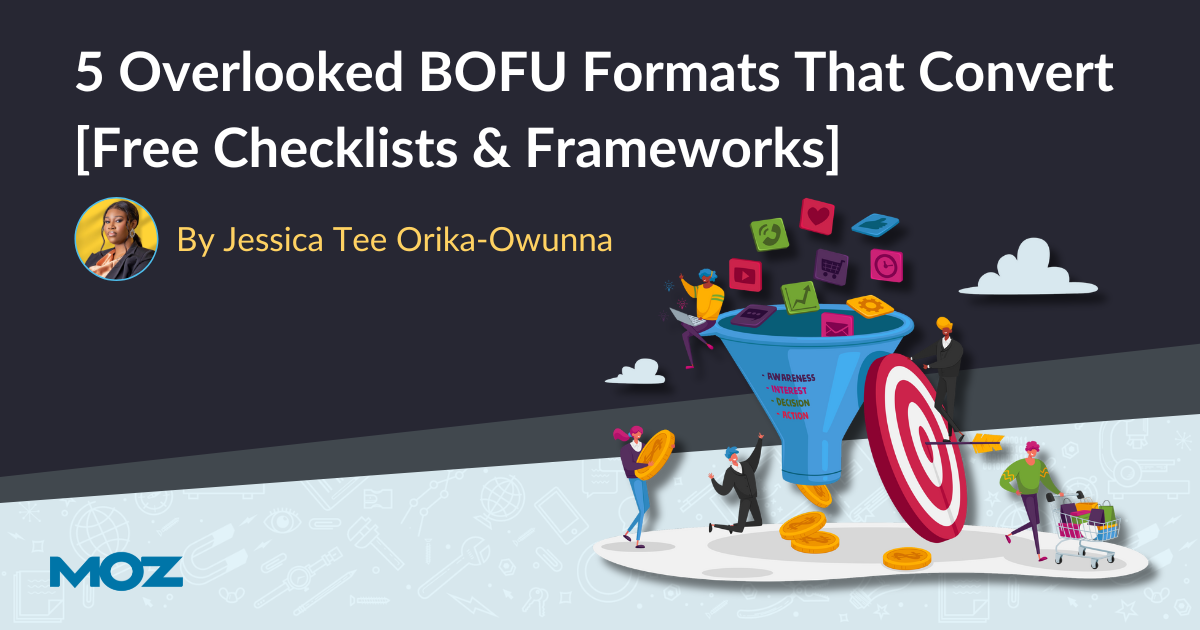Step 1: Understand your buyer’s intent and awareness level
Before deciding which content formats to create, consider:
- The stakeholder’s role in the buying process
- Evaluation criteria
- Familiarity with your product and solutions
BoFu decisions usually involve multiple stakeholders with different levels of awareness and evaluation criteria. Choose content formats that speak directly to their needs.
Step 2: Identify blockers
Your BOFU content should support conversion goals. Start by asking:
- Which buyer objections are slowing us down?
- What BOFU content could remove those blockers and drive results?
Answering these questions shouldn’t happen in isolation. Your sales team is a key source of insight because they talk to buyers, hear objections, and often know what works.
As Aarushi Singh, Senior Content Marketer at Uscreen, put it:
“Enablement is about creating shared momentum without stepping on the people who’ve already figured out how to win. That means asking what’s already working that we can double down on, letting reps share their take on solving a particular problem, and scaling the instincts and stories they already use, not overwriting them.”
Step 3: Map BOFU content formats to buyer intent and business goals
When choosing BoFu formats, I use a mental model called the BIG Matrix to make decisions based on:
- Buyer intent
- Internal blockers
- Go-to-market goals

